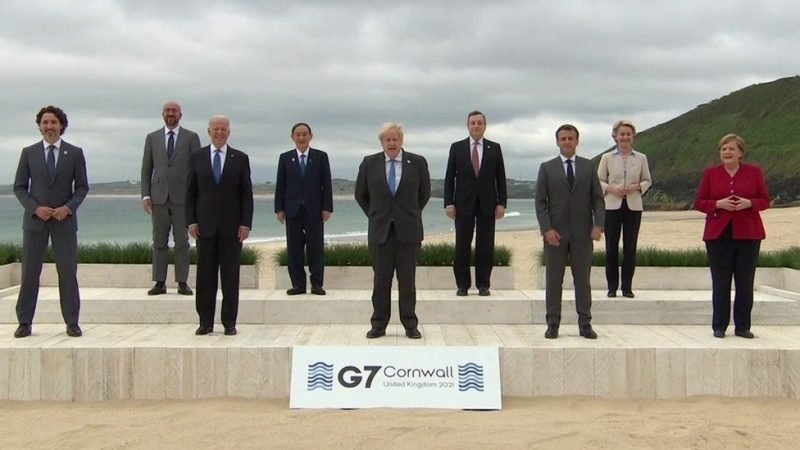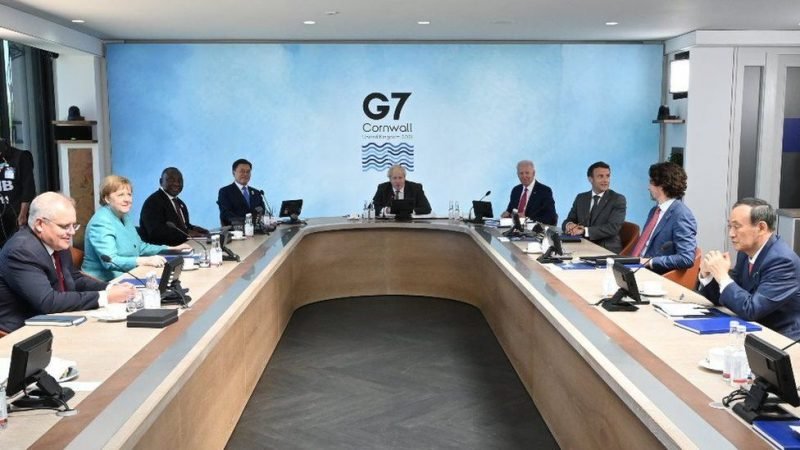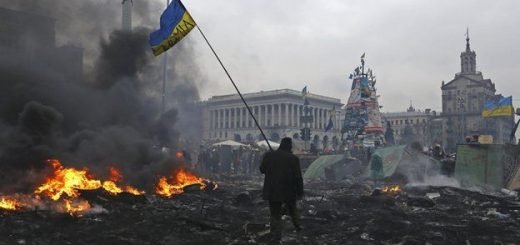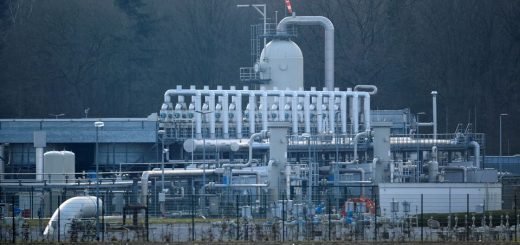Reorienting the power dynamics: The 47th G7 meeting at a glance

The 47th G7 conference held at Cornwall, in South-west England, was of significant importance in setting global agendas to be addressed amidst the ongoing pandemic. This year the G7 set a tone for reorienting multilateralism as US President Joe Biden emphasised closer coordination among traditional allies, which indicates of close alliance system among the like-minded Western global powers representing ideas of social, political and economic liberalism. This comes at a time when we see growing power friction between China and the US. The G7 leaders took China to task over human rights in the heavily Muslim region of Xinjiang, called for Hong Kong to keep a high degree of autonomy and underscored the importance of peace and stability across the Taiwan Strait – all highly sensitive issues for Beijing.
Further, the summit leaders unveiled the Build Back Better World project, which pledges infrastructure investment in the low and middle-income countries based on “value-driven, high standard and transparent” partnerships. This is seen as a counterweight to the multi-billion-dollar Belt and Road Initiative (BRI).
The Cornwall summit included invitees in heads of states from outside the G7 as well – Australia, South Korea and India. The presence of these three can be identified as a projection of discontent with the influence of China but is also an example of the fact how the western powers are recognising the shifting global realities. The G7 also pressed upon the need for a transparent second-phase probe into the origins of the global coronavirus pandemic and urged China to cooperate with the UN health agency.

One, of the major initiatives that came out of the summit, was ambitious promises, such as sharing vaccine doses with less well-off nations that urgently need them. They pledged to distribute around 1 billion vaccines, most of the doses would flow out through COVAX the global vaccine buying system by WHO and Gavi. Though this is an important move in terms of global health, it does not represent entirely new resources and the donation is far short of the number of shots needed to fully vaccinate poorer nations. Moreover, the plan does not address distribution gaps that could make it difficult to deliver doses.
Another key focus was on formally backing the ramp-up of collective action to tackle the environmental crisis. This was initiated by promising to contribute $100 billion by the rich to the poor countries, to push for cutting Carbon emission and cope with global warming. Along with that, sustainable development and clean energy would be promoted. Climate crisis is one of the major existential challenge for the world today, and according to climate activists, G7 missed the opportunity in addressing the need for climate financing.
The global geopolitics on climate has suffered majorly due to lack of transfer of renewable technology and global financing from the advanced economies, widening disparity between the global north and south.
The third major highlight of the conference was the meeting of Finance ministers of G7, who had met in the run-up of the summit on June 4-5, the agreed-upon backing minimum global tax rate of 15% for multinational corporations, thereby setting the stage for MNCs to pay a fairer share of taxes in jurisdictions where they make money and profits rather than paying the government taking advantage of the tax havens. This move is considered a corrective measure that could benefit large and medium economies. This comes at a time when the governments around the world are facing an economic crisis wrought by the pandemic, as it would boost up revenues of the government. However, the real challenge is how this step would be received by countries outside G7.
All in all, this summit can be viewed as a push for revival for globalisation that is Build Back Better World stands for.



















